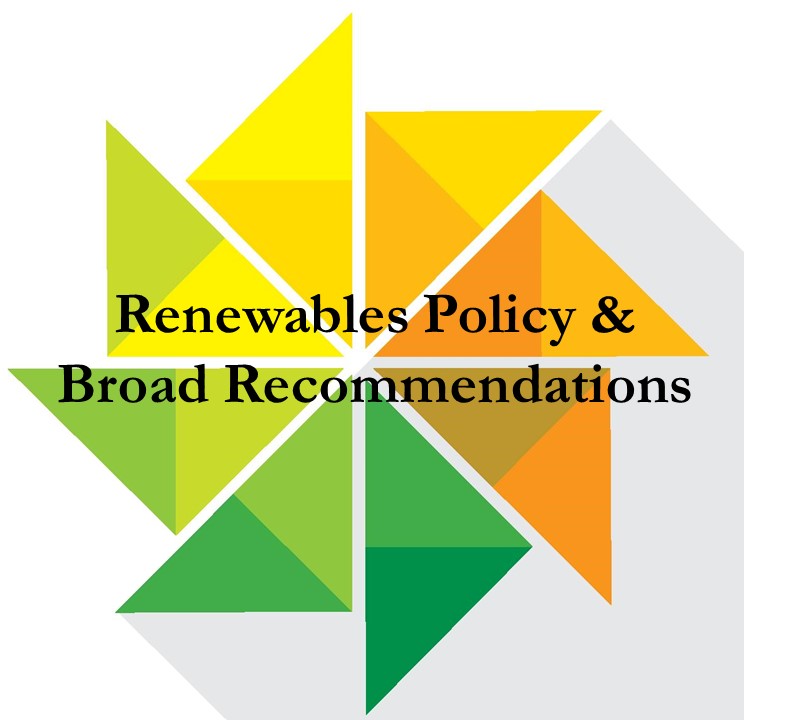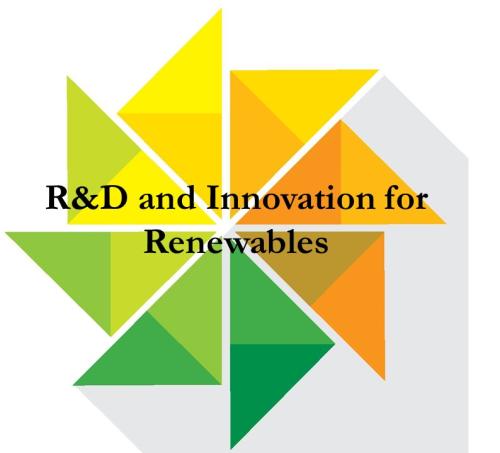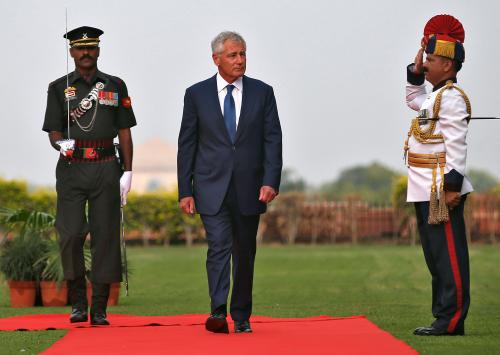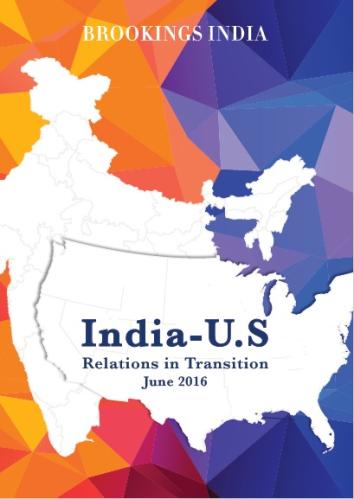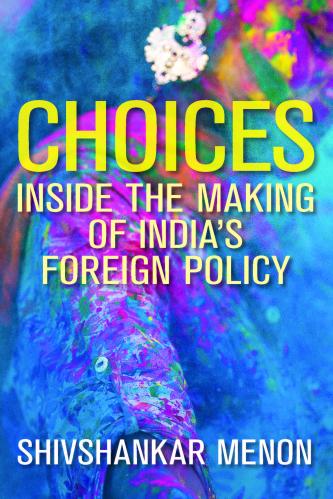Content from the Brookings Institution India Center is now archived. After seven years of an impactful partnership, as of September 11, 2020, Brookings India is now the Centre for Social and Economic Progress, an independent public policy institution based in India.
This chapter is a part of Brookings India’s edited book, “Blowing Hard or Shining Bright? Making Renewable Power Sustainable in India” To view the preface and table of contents, click here.
Chapter Summary:
This chapter examines policies for making renewables sustainable, spanning a high-level view all the way to the details. Starting by putting renewables in the broader context of the current (fossil-fuel dominated) power system, the chapter focuses on renewables, offering suggestions on existing schemes such as RECs and RPOs (which need to be enforced) all the way to increasing domestic capabilities in manufacturing and innovation. Some of the recommendations draw from the Expert Group on Low Carbon Strategies for Inclusive Growth, aka Parikh Committee Report (Planning Commission), but there are also new calculations, such as the premium renewable energy entails, and the fiscal impact of this, which is high enough to be visible on the GDP scale!
Kirit Parikh, a former Member of India’s Planning Commission with status of Minister of State, is Chairman of Integrated Research and Action for Development (IRADe), New Delhi, a non-profit NGO that does research in energy, environment, climate change, agriculture and urban policies. He was the Founder Director of the Indira Gandhi Institute of Development Research (IGIDR), Mumbai, and is a Fellow of the National Academy of Sciences, India. He has also been a member of the Economic Advisory Councils (EAC) of five Prime Ministers of India. He was awarded “Padma Bhushan” by the president of India, the third highest civilian award in India. He has a Doctor of Science in Civil Engineering and a Master’s Degree in Economics from Massachusetts Institute of Technology (MIT), USA.
